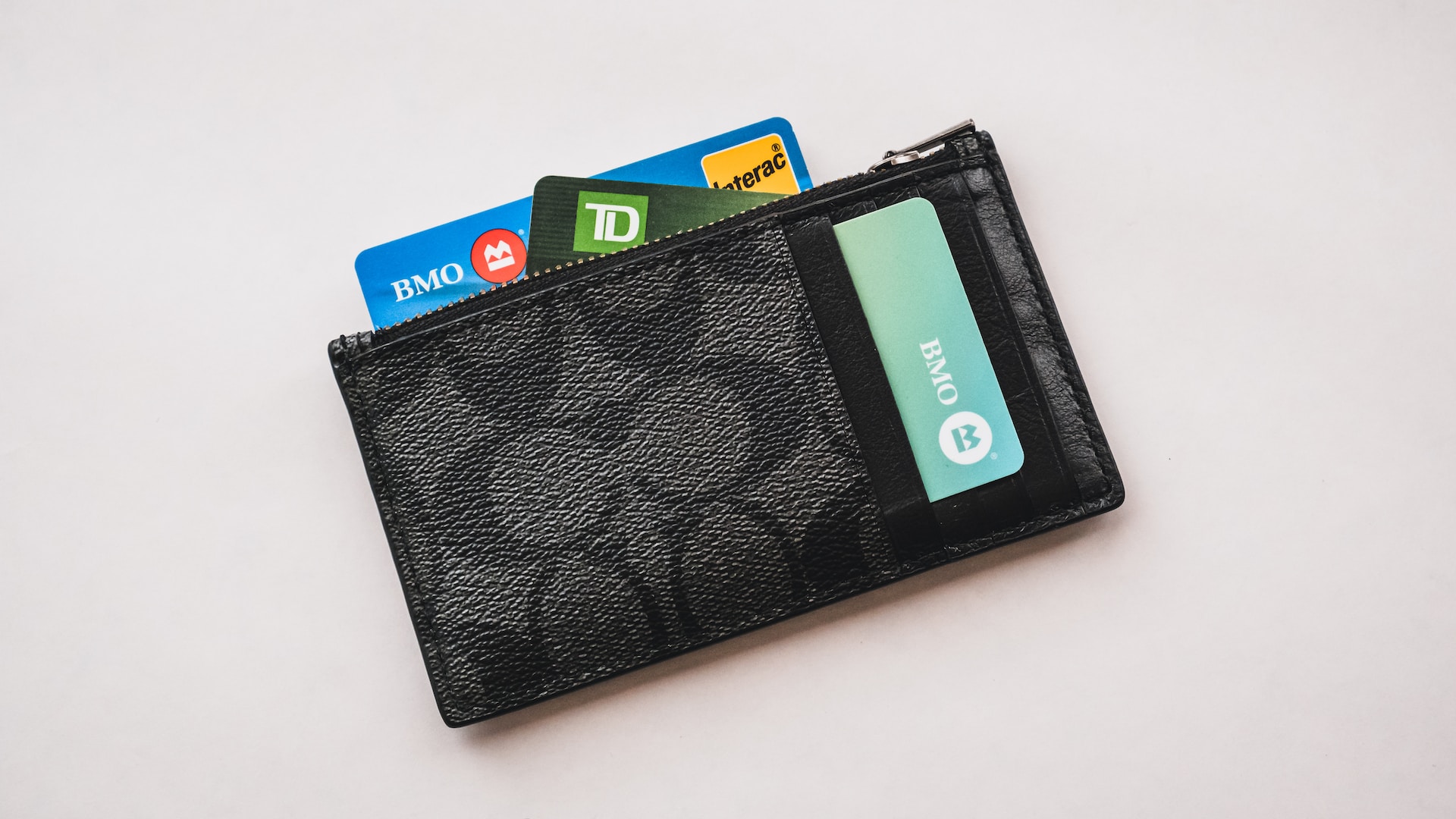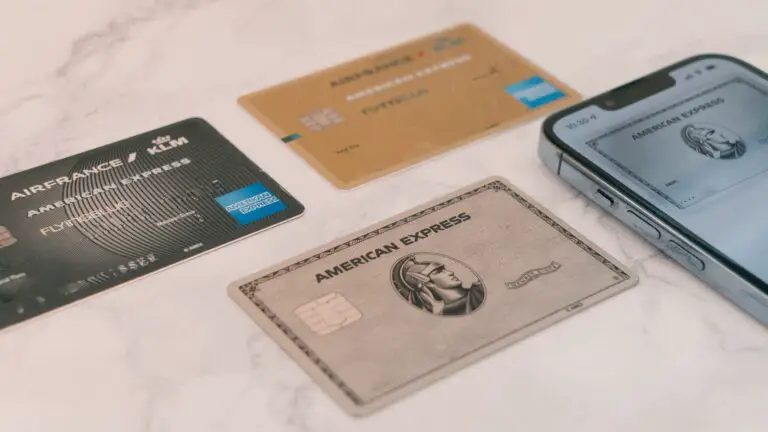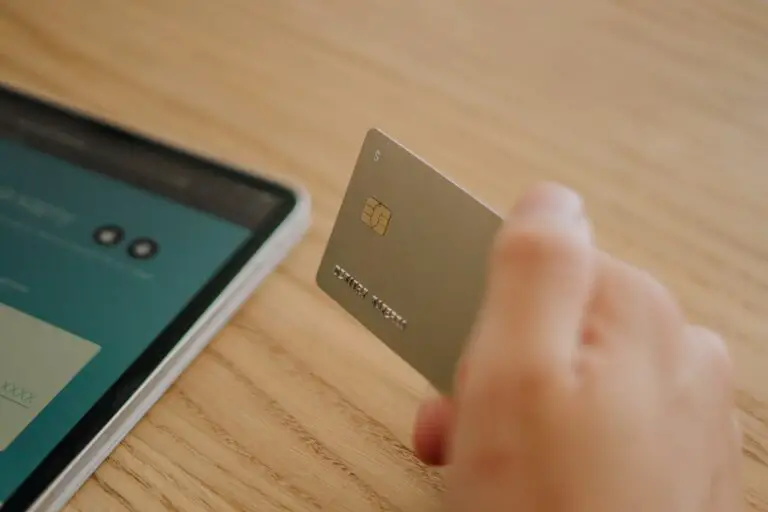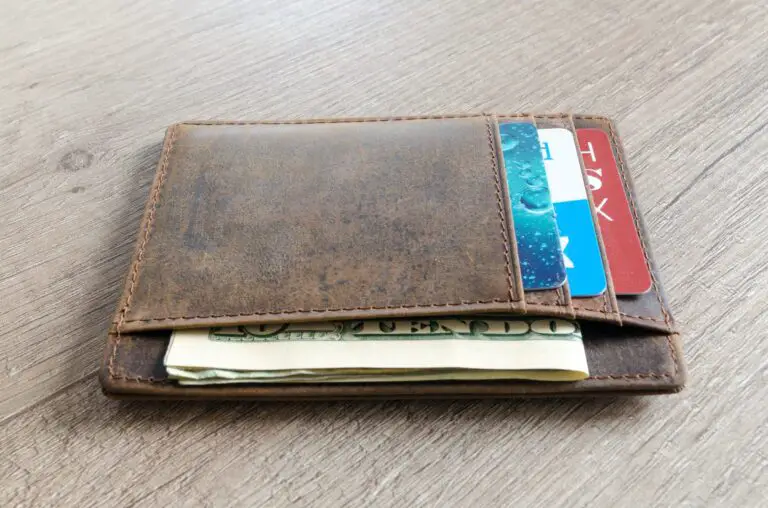How to Consolidate Your Credit Card Debt?
Table of Contents
Intro to Credit Card Debt Consolidation
When you consolidate your credit card debt, remember you are taking out a new loan. You have to repay the new loan just like any other loan. If you get a consolidation loan and keep making more purchases with credit, you probably won’t succeed in paying down your debt. If you’re having trouble with credit, consider contacting a credit counselor first.
Consolidation means that your various debts, whether they are credit card bills or loan payments, are rolled into one monthly payment. If you have multiple credit card accounts or loans, consolidation may be a way to simplify or lower payments. But, a debt consolidation loan does not erase your debt. You might also end up paying more by consolidating debt into another type of loan.
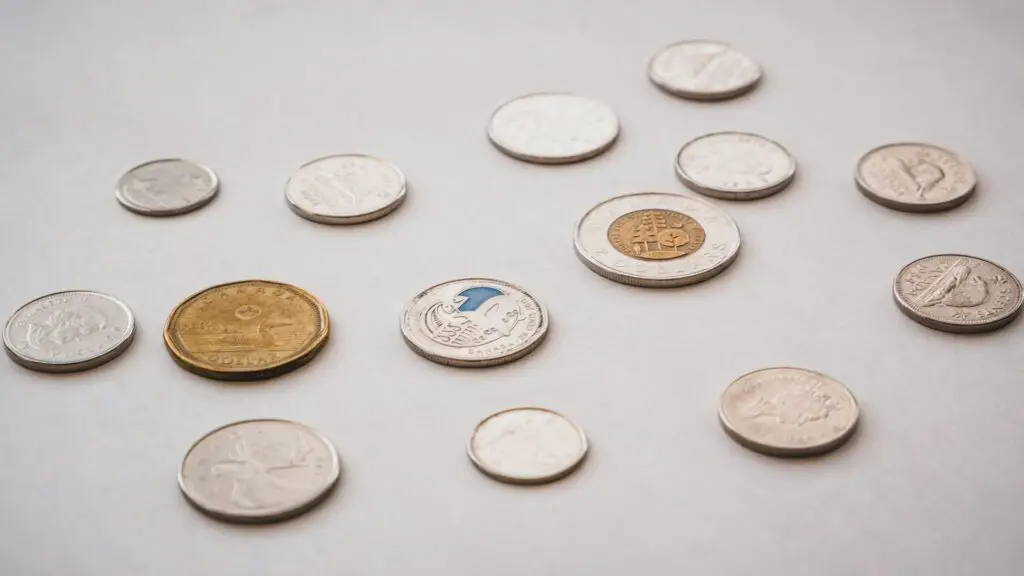
Before you use a consolidation loan:
- Take a look at your spending. It’s important to understand why you are in debt. If you have accrued a lot of debt because you are spending more than you are earning, a debt consolidation loan probably won’t help you get out of debt unless you reduce your spending or increase your income.
- Make a budget. Figure out if you can pay off your existing debt by adjusting the way you spend for a period of time.
- Try reaching out to your individual creditors to see if they will agree to lower your payments. Some creditors might be willing to accept lower minimum monthly payments, waive certain fees ,reduce your interest rate, or change your monthly due date to match up better to when you get paid, to help you pay back your debt.
Here’s what you need to know if you are considering loan consolidation:
Credit card balance transfers
Many credit card companies offer zero-percent or low-interest balance transfers to invite you to consolidate your debt on one credit card.
What you should know:
- The promotional interest rate for most balance transfers lasts for a limited time. After that, the interest rate on your new credit card may rise, increasing your payment amount.
- If you’re more than 60 days late on a payment, the credit card company can increase your interest rate on all balances, including the transferred balance.
- You probably have to pay a “balance transfer fee.” The fee is usually a certain percentage of the amount you transfer or a fixed amount, whichever is more.
- If you use the same credit card to make purchases, you won’t get a grace period for those purchases and you will have to pay interest until you pay the entire balance off in full (including the transferred balance).
Tip: If you choose to use a credit card balance transfer, avoid using that card for other purchases, at least until you have paid off the transferred balance. That will help you pay off the balance faster and avoid paying interest on those other purchases.
Credit Card Debt consolidation loan
Banks, credit unions, and installment loan lenders may offer debt consolidation loans. These loans collect many of your debts into one loan payment. This simplifies how many payments you have to make. These offers also might be for lower interest rates than you are currently paying.
What you should know:
- Many of the low interest rates for debt consolidation loans may be “teaser rates” that only last for a certain time. After that, your lender may increase the rate you have to pay.
- The loan may also include fees or costs that you would not have to pay if you continued making your other payments.
- Although your monthly payment might be lower, it may be because you’re paying over a longer time. This could mean that you will pay a lot more overall.
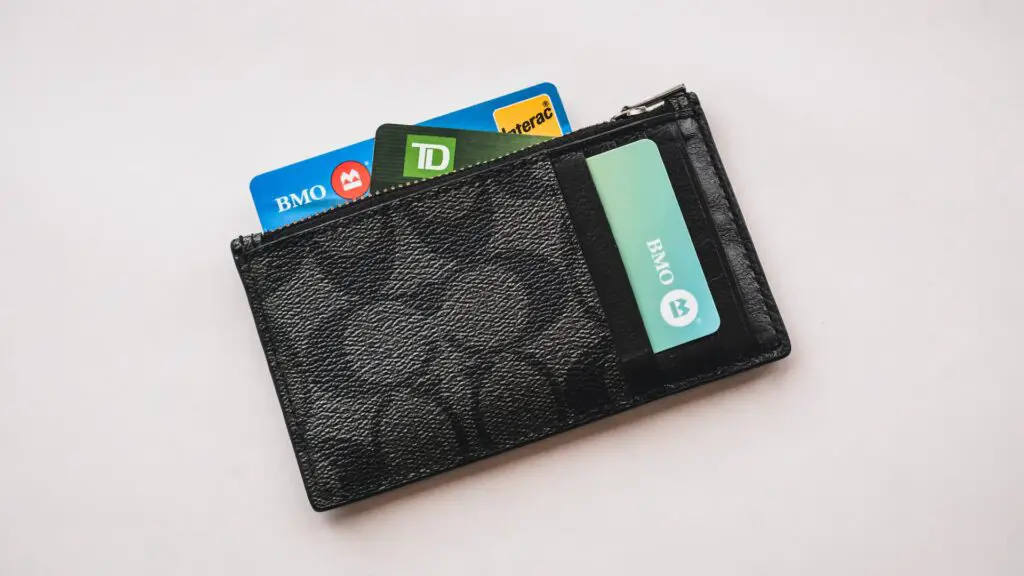
Tip: If you consider a debt consolidation loan, compare loan terms and interest rates to see how much interest and fees you’ll pay overall. This can help you pick the loan that saves you the most money.
Home equity loan to offset Credit Card Debt
With a home equity loan, you are borrowing against the equity in your home. When used for debt consolidation, you use the loan to pay off existing creditors. Then you have to pay back the home equity loan.
What you should know:
- Using a home equity loan to consolidate credit card debt is risky. If you don’t pay back the loan, you could lose your home in foreclosure.
- Home equity loans may offer lower interest rates than other types of loans.
- You may have to pay closing costs with a home equity loan. Closing costs can be hundreds or thousands of dollars.
- If you use your home equity to consolidate your credit card debt, it may not be available in an emergency, or for expenses like home renovations or repairs.
- Using your equity for a loan could put you at risk for being “underwater” on your home if your home value falls. This could make it harder to sell or refinance.
If you want to consolidate your debt, there are a few things you should think about:
- Taking on new debt to pay off old credit card debt may just be kicking the can down the road. Many people don’t succeed in paying off their debt by taking on more debt, unless they lower their spending.
- The loans you take out to consolidate your debt may end up costing you more in costs, fees, and rising interest rates than if you had just paid your previous debt payments.
- If problems with debt have affected your credit score, you probably won’t be able to get low interest rates on the balance transfer, debt consolidation loan or home equity loan.
- A nonprofit credit counselor can help you weigh your choices and help you to decide how you want to use credit in the future so that any problems that are leading you to consider debt consolidation do not come back later.
Hope this was a helpful article for your credit card debt.

